Pretty Things by Virginie Despentes, translated from the French by Emma Ramadan, The Feminist Press, 2018.
Anglophone fans of Virginie Despentes are celebrating the release of Pretty Things, the fourth of her novels to be published by The Feminist Press, but the first translated from the French by Emma Ramadan. Ramadan, a long-time fan of Despentes, says in an interview we conducted with her this summer, that she accessed her raw vernacular parlance by speaking sentences out loud, watching French soap operas, and simply being a young, ambitious 20-something-year-old woman (much like many Despentes protagonists). It worked. This is a novel of the street, the bedroom, the metro, the sex-club, and the recording studio. Of weed, whisky, and cocaine. Where public and private, self and sister, butt heads. It’s a novel of desire and fear, love and insecurity, a woman trying not to allow other people’s expectations to mire her in the muck of society’s ugliest pathologies.
Pauline and Claudine are twins. They’re identical, but there’s no way to mistake one for the other. They have the type of beauty that’s fashionable at the moment, and Claudine learned as soon as she hit puberty to harness her beauty’s enormous power through her own objectification. Pauline finds it disgusting, this shallow game of power and submission, and makes a surly public display of her dissent. They don’t get along. Claudine, having recently moved to Paris to try to make it big, ropes Pauline into making a record with her. Pauline’s voice and Claudine’s personality are meant to equal one perfect pop star. The night of their first concert, while Pauline is on stage, Claudine jumps out her apartment window. Pauline, arriving at the scene after an evening of impersonating her sister, simply continues to do so, thus committing her own sort of suicide. Both sort of dead and in one living body, they start to suture the split that occurred between them in the womb.
While Pauline started with a plan to be half a woman, she spends the rest of the novel integrating two halves into a stronger whole. “Equilibrium needs to be restored. It was constructed opposite her sister, a force exerted on another. She has a clear image in her mind: two little women in a bubble, each pushing with her forehead against the other’s. If one of the two little women is removed, the other immediately topples over, falls into the other’s domain.” She learns to convincingly pass as Claudine. For two weeks, with the help of their friend and manager Nicolas, she locks herself in the apartment and learns to apply makeup, shave her legs, and walk in heels. When she finally emerges, she’s shocked to realize not only how people treated her sister, but also what it feels like to be treated that way. Simply presenting herself differently makes her vulnerable to scrutiny, jealousy, greed, and desire. She can empathize with Claudine for the first time—the whiff of sexual power also tempts her to sacrifice things like genuine human connection and self-respect, even as loneliness and self-disgust take their place. She doesn’t exactly miss her sister, but perhaps instead mourns a life spent too isolated to truly know except by inhabiting it.
The text yields dramatically different readings if one considers Pauline and Claudine to be more one or more two; autonomous individuals influenced by their relationship to each other, or solely a set of relations to each other—neither character whole unto herself. And yet both readings are not just valid, the ambiguity is crucial. On one hand, if both sisters are fully realized individuals, Pauline’s nonconformity is the stronger, more successful choice. It indicates her inherent intelligence and builds in her the strength to withstand the same conditions that wore away at Claudine until she jumped out her window. Claudine ends up dead and Pauline ends up… well, I won’t spoil the ending. But just as the music industry feels entitled to her body, she feels entitled to their money. On the other hand, Pauline and Claudine are the thesis and antithesis of a dialectical concerning femininity in society. Two sides of one coin. In this scenario, Pauline killed a part of herself the same night that Claudine did—and kept a part of both of them alive. By the end of the novel she represents the resolution of the two not into some transcendent, separate, enlightened woman, but a sort of balance of the two pre-existing options. There is no right way for a woman to behave in the face of social expectations, but each mini personal revolution yields a bit of progress. The reader is left with simultaneous, contradictory truths.
Even the text’s imagery is ambiguous on the extent to which they are one or two. For example, the novel describes the gender dynamic between the girls’ parents. Their father is aggressive and self-centered. Their mother exists only as an auxiliary appendage. Until their mother gets a job that she’s good at and begins to gain confidence and independence. The twins were conceived in response to his fury: “From that day on, he started fucking her like he was nailing something into the ground, all the way inside so she would get a fat stomach and stay put.” Two twins from one “nail.” But then, while their mother is pregnant, the parents argue about names. They decide to each choose one. “And so it was done, her stomach ripped in two.” Separate. We don’t learn much more on the topic until Pauline begins to take over Claudine’s life. In some ways she seems truly alien, trying to comprehend a way of being entirely foreign. For example, during a phone conversation with one Claudine’s lover/colleagues:
“She [Pauline] listens to him a little distantly, makes little agreeable sounds, trying to get it through her skull that he’s talking to a girl [Claudine] that he watches on all fours, and filmed from behind doing things like pretending to be a cat, whenever he wants.”
But when her guard is down, she’s simply existing, their mutual friend observes, “Familiar silhouette, he likes to watch it move. Intact shreds of a lost being, obsolete traces that he finds bewitching.”
Two of the novel’s male figures in particular further nuance the portrait of gender dynamics at the heart of this novel. The twins’ father pits them against each other from childhood, ensuring their dependence on his affection by bestowing it upon only one of them at a time—and subjecting the other to repulsive cruelty. During a flashback, Pauline watches their father beat Claudine. Afterward, she reaches out:
“When he hits you I swear I feel it too.” Claudine stood up, turned to face her, grabbed her by the hair. Pauline didn’t scream so that her parents wouldn’t come. Claudine dragged her down onto the bed. “You’re sure you feel it?” . . . To really hurt her, she had taken the pillow and held it down against her sister’s face with both hands. To be absolutely sure she heard, she started to scream, “That’s weird because, when he kisses you, I feel nothing.”
The violence of a man ensures enmity between two women who (as young Pauline demonstrates) could instead have loved and supported each other. The second is Pauline’s boyfriend Sébastien, the only man to ever choose her over Claudine. They’ve built a loving, trusting relationship exactly on her refusal to look and act “feminine.” But a series of events calls into question the extent to which opposing the status quo really separates them from it. Having witnessed her transformation, he leaves her with these words:
“You never treated me disrespectfully, you never demeaned yourself. I was proud of you, as soon as I saw some bitch on the street I thought of you, I was so fucking proud. But now, look at yourself, look at how you’re dressed, look at how you walk… And who’s boning you, over there? Is it a bunch of guys? . . . Is it good, do they screw you how you like? I respect you too much, you don’t respect yourself at all anymore.”
We discover that his love and respect for her was never unconditional, but was just as possessive and ugly as her father’s and just as informed by social expectation as any other man’s.
The characters in the novel are both vivid and allegorical (as perhaps are people). In this way, the post-mortem reconciliation of the sisters demonstrates, however imperfectly, a way out of the dialectical thesis/antithesis model of femininity. The status quo and what’s against the status quo validate and perpetuate each other. Just as a woman degrading herself for a man gives her power over him. But discovering empathy for her sister at least gives Pauline enough distance to learn to use the system for her own benefit, rather than letting it destroy her. It’s far from a utopic path, but I suppose this is the same world in which little girls defend themselves from abusive fathers by crossing their frail little arms over their heads. It was never going to be perfect.
Lindsay Semel is an Assistant Editor for Asymptote. She holds a BA in Comparative Literature and works as a freelance editor from her home on a farm in Northern Portugal.
*****
Read more reviews on Asymptote blog:
- Choose Silence or Dream: Alejandra Pizarnik’s The Galloping Hour in Review
- In Review: Scales of Injustice by Loa Ho
- In Review: Fish Soup by Margarita García Robayo


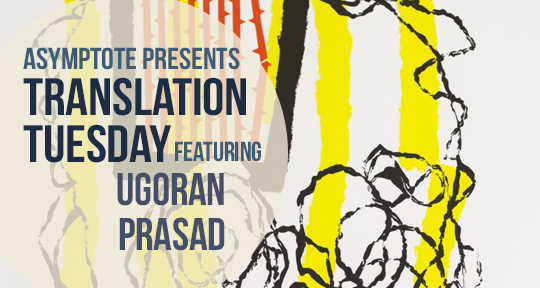
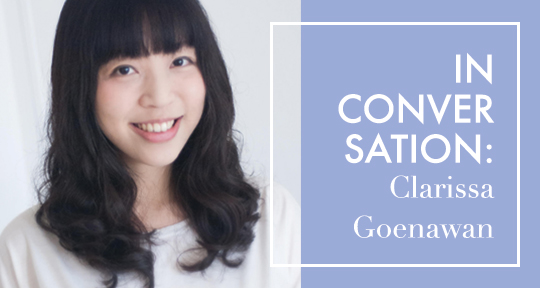
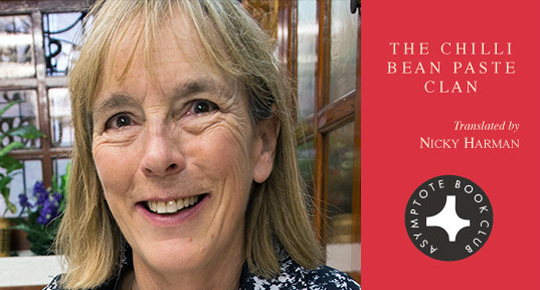
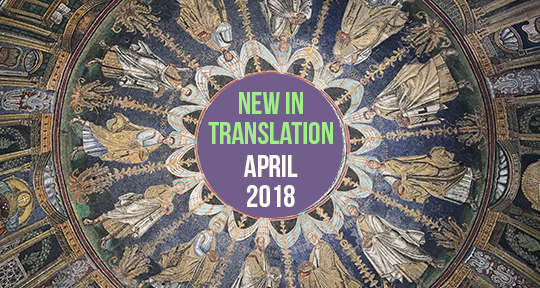
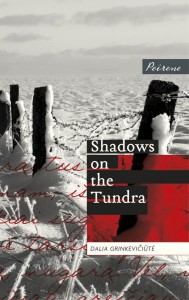
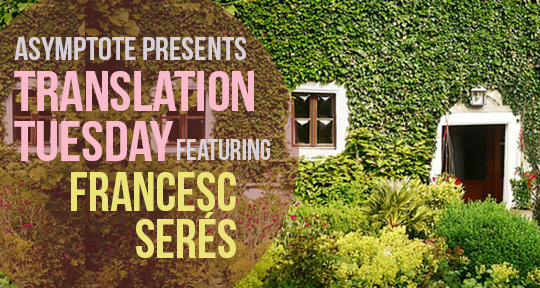

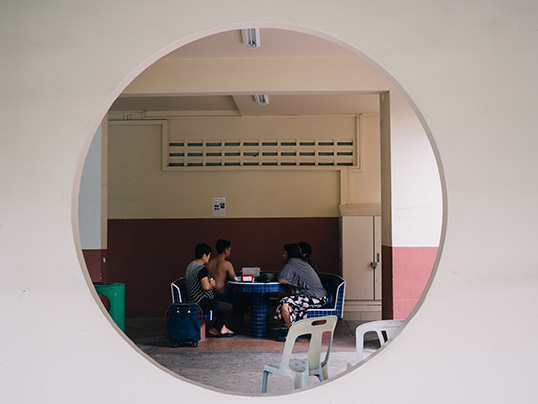
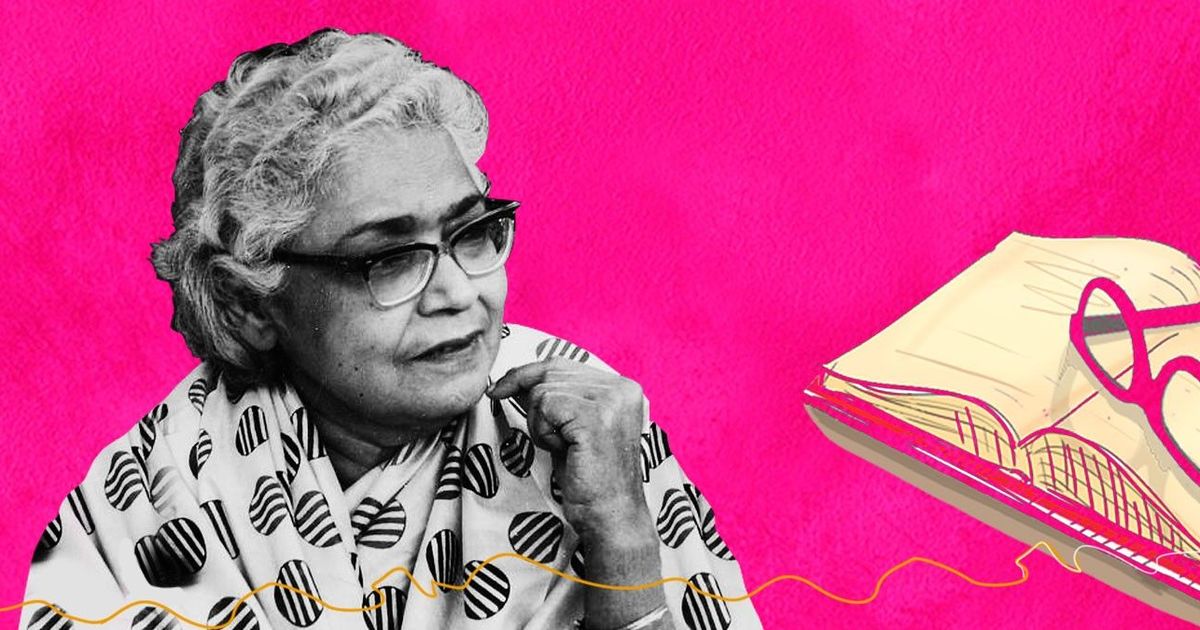
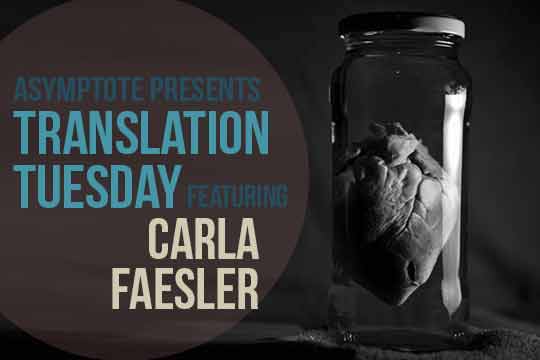


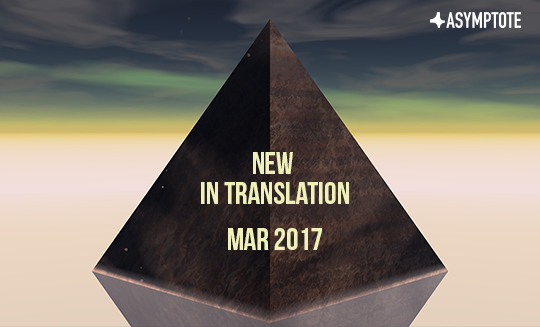
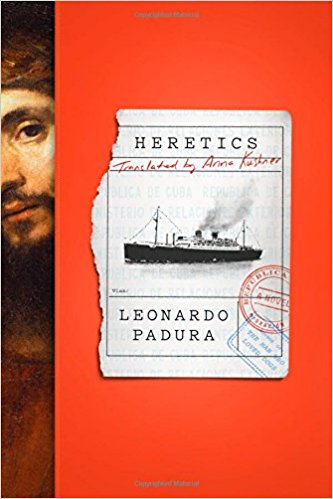
Translation Tuesday: “The Results” by Bernard Comment
"Jealousy is always a weakness, an uncertainty, a lack of confidence, every other person is a competitor, a threat."
On a check-up at a health clinic, a father and husband’s interactions with doctors are punctuated by reminiscences of love and lust for his wife. Gradually, we learn of a chilling act of violence, which leads the protagonist to a twisted reckoning with his mental and physical condition.
It’s cold. A cold that bores into you, that hasn’t let up for days, despite the big woollen jumper I never take off, even at night. Carlo tells me I should take it off for sleeping, and wrap myself up well in the blankets, so that when I get up I would add a garment to make up for the change in temperature, but one evening I tried this and my teeth chattered all night. The other men I see at lunchtime don’t seem to suffer, there’s even a guy who always walks around in a T-shirt, but admittedly he’s a burly fellow, well-padded against the cold.
The doctor made me go back to him this morning, after fasting, he wanted to do further tests, two whole syringes filled with blood, I asked to lie down because I’m always afraid of turning to look, and it’s much worse if you get to see it. The nurse smiled, although I couldn’t tell if it was from pity, sympathy, or scorn. She had difficulty finding the veins, it’s always the same, I begin to tense up, to sweat at the temples, I become dizzy and pale; when I was a teenager I passed out each time, and once I fell backwards and hit my head on a sink, was sent straight to hospital for a battery of tests, a lumbar puncture, and an idiot teacher spread it around that I’d taken an overdose, me who’s never touched the tiniest amount of an illegal substance, for fear of my reaction, and my scrupulous respect for the law.
When I had the first tests, eight months ago, the lady in the laboratory was very considerate, settling me into an armchair and telling me to look away, and to think of something pleasant; so I thought about the film I’d watched the night before, with Julie, her warm body, her breasts in my hands, her smell after making love. Then it was finished, and already I had a piece of cotton wool and then a sticking-plaster on top, whereas here everything is rougher, more brutal. I’ve been waiting for twenty minutes, standing in front of the grey door. They came to get me around six o’clock. Immediate appointment. Everything moved fast, then the iron door in the corridor clanged shut behind me, with a heavy ringing sound, and since then, nothing. The doctor must be on the telephone, I hear his voice at times, a powerful, raucous voice, but I don’t understand what he’s saying, the rooms are well insulated. I’d love to smoke a cigarette, it’s what I’ve been brooding about for a full five minutes, it’d do me good, would relax me, smoking a cigarette.
READ MORE…
Contributors:- Bernard Comment
, - Carolyne Lee
; Language: - French
; Place: - Switzerland
; Writer: - Bernard Comment
; Tags: - clinic
, - condition
, - family
, - french
, - health
, - hospital
, - love
, - lust
, - marriage
, - Short Story
, - Swiss